The essence of Hungary's grand strategy is to defend the country against attacks targeting it and Christian culture while ensuring peace and development for the Hungarian people, said Prime Minister Viktor Orbán's political director at the Tranzit Festival in Tihany.

At the event, Balazs Orban discussed Hungary's strategic issues and the nation's most important objectives with Andras Schiffer, a lawyer, founder of the opposition LMP party, and former member of parliament.
He explained that Hungary's grand strategy should be defined based on four key points.
The first and most important of these, he opined, is the nature of the world surrounding the nation. Is it supportive, as it was in the time of St. Stephen, or are Hungarians forced to proceed on bumpy roads, as they are now? In today's Europe, the widespread attacks on Christian culture and tradition pose a challenge to Hungary's national goals, he said, adding that the country must defend itself against these attacks.
At the same time, he stated, the country must be modernized - not ideologically, but technologically - and this is a program that must not be abandoned.
The third key "node" is sovereignty, as only those power groups that can maintain their sovereignty in economic, foreign policy, financial, and energy supply matters can become stronger, he opined.
The fourth key issue is connectivity - specifically, what will drive Hungary's transformation from a developed to a more developed country. With the formation of blocs limiting connections, Hungary needs to establish ties in all areas and directions to achieve its national goals, Balazs Orban said.
Hungarians have no problem with Western civilization, as it embodies antiquity and Christian culture, Andras Schiffer remarked. However, he warned that the Americanization being imposed on Europe poses a real threat to these values and should be opposed.
On the topic of modernization, Mr. Schiffer argued that it's dangerous to bow to the "fetish" of science and technology, stressing the need to resist the fervor for modernization. The former LMP politician also criticized the concept of digital citizenship, expressing concern that future governments might make it compulsory, which could lead to personal details falling into the wrong hands.
Balazs Orban countered by poiting out that modernization and modernism should be distinguished from each other. He suggested that attacks from modernism, which denies what came before - be it God or nature - are acceptable. Modernization, however, is about continuous progress and improving people's quality of life. Therefore, he believes that Hungary cannot afford to reject the most advanced Western technologies.
Regarding sovereignty, Andras Schiffer explained that Hungary's primary sovereignty issue is whether it has competitive production capacities. He argued that the country lost a significant portion of these during the regime change, which has left the economy struggling and made Hungary vulnerable to global supply chains.
In response, Balazs Orban emphasized that after 2010, the Hungarian government continued to support Hungarian-owned small businesses, which employ the majority of the population, and it also helped medium-sized enterprises increase their export capacity. Additionally, the government supported large companies in expanding into global markets and made strides in both food and energy supply.
Andras Schiffer noted that there is a much greater need to increase energy independence. He also expressed concern that foreign investors might fear that the SME sector, which supplies large Hungarian factories, could suffer in the future due to the decisions of global big capital.

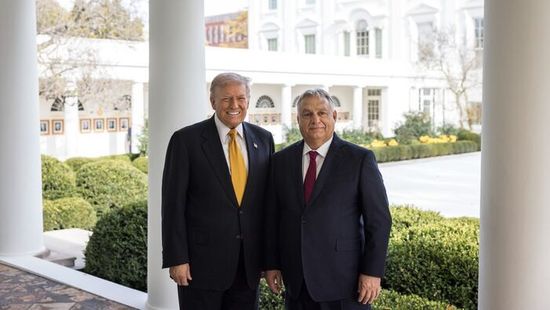
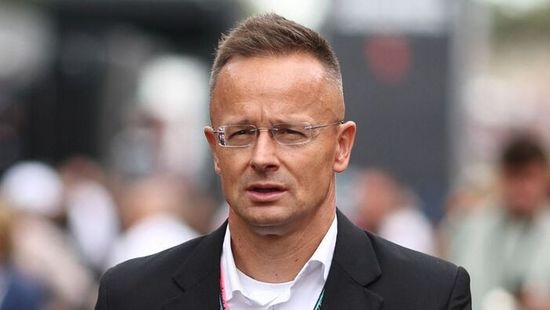
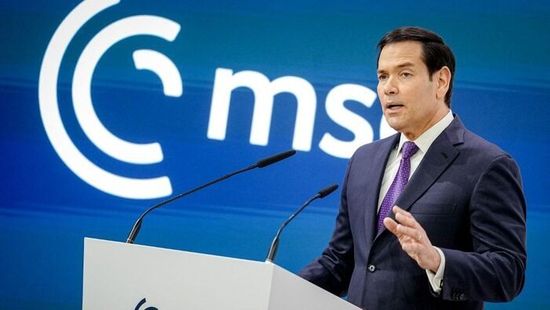
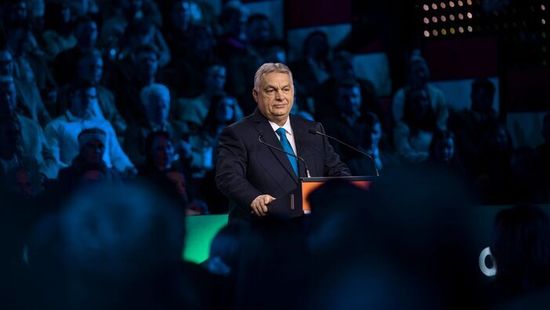




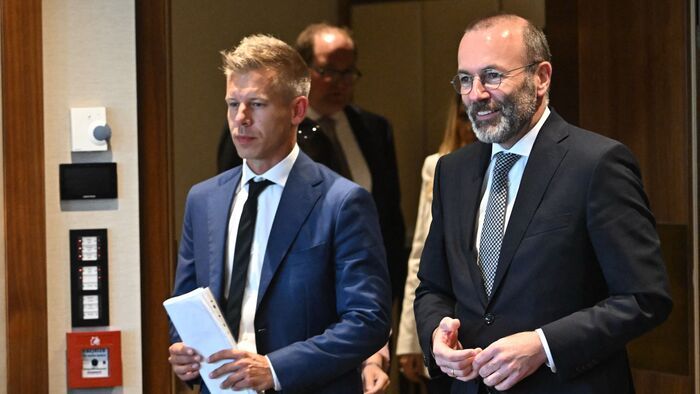


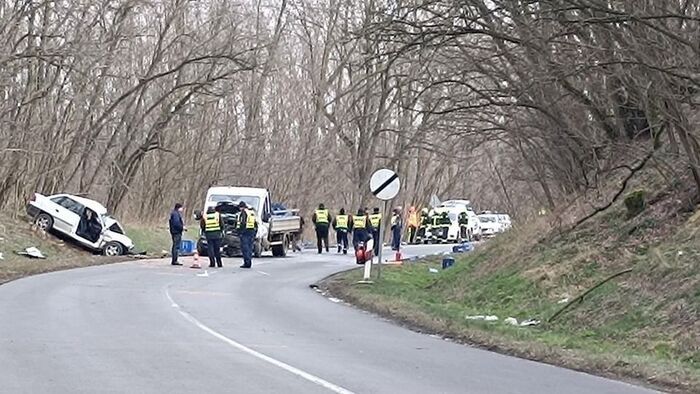


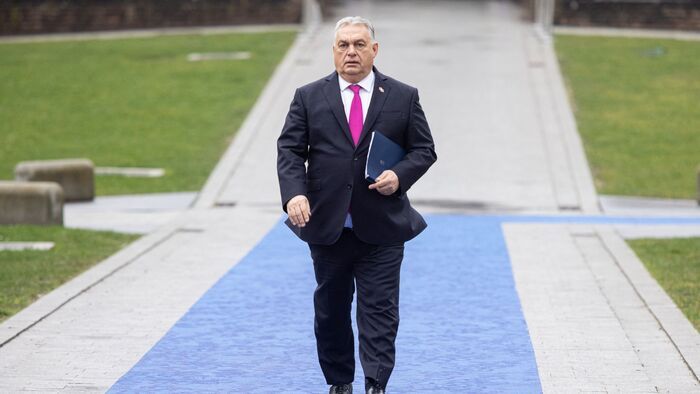
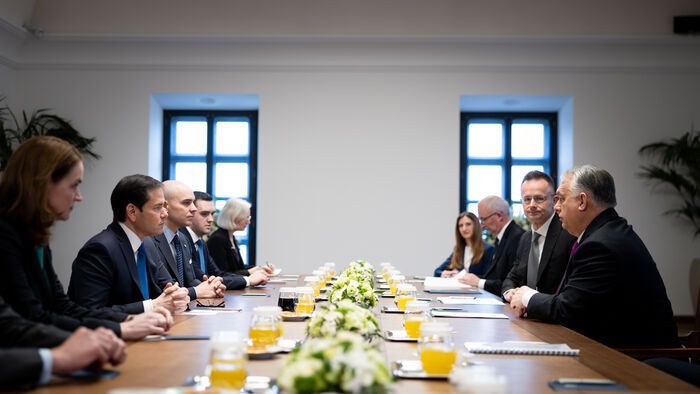




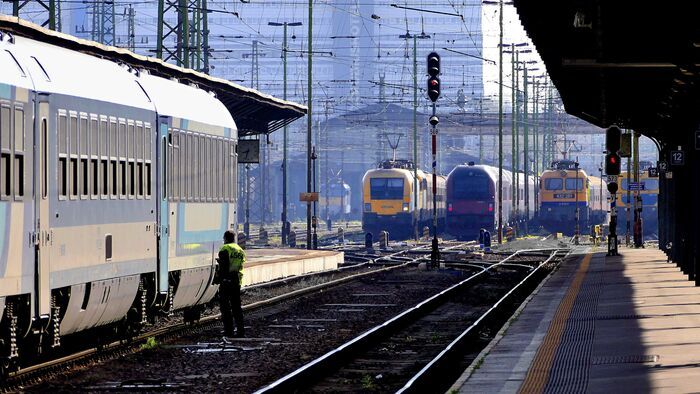

Szóljon hozzá!
Jelenleg csak a hozzászólások egy kis részét látja. Hozzászóláshoz és a további kommentek megtekintéséhez lépjen be, vagy regisztráljon!